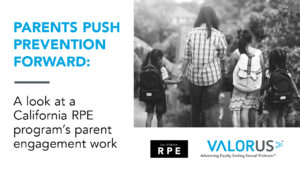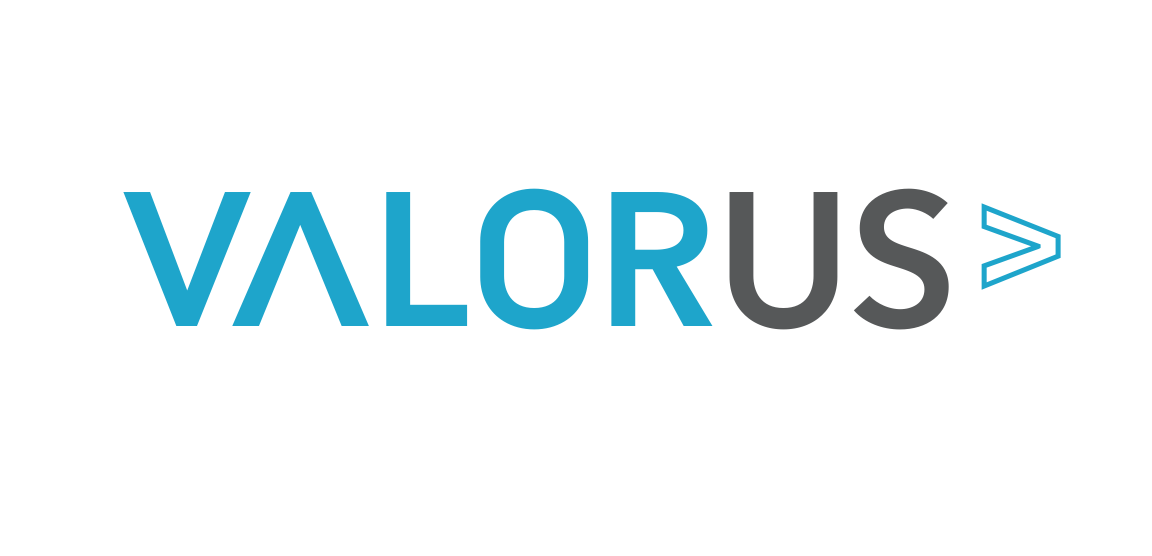
“If we support parents and caregivers, we are also supporting young people”
-Fernanda Montes, Riverside Area Rape Crisis Center
If you do community prevention and education in the anti-violence movement, you understand how complicated it can be to try and engage the parents and caregivers of the youth you’re working with. Engaging parents and caregivers is an essential tool in our prevention work. For those of us who work with youth, we spend our time, energy, and resources lifting them up and giving them positive messages and tools to navigate their relationships. When they leave our spaces, we hope that when they go home, their caregivers will continue to promote healthy behaviors around relationships, consent, etc. Prevention is most powerful when it is reinforced and modeled in multiple facets of children’s lives but in order to do that, we must equip caregivers with the tools to understand and reinforce our work.
According to the Centers for Disease Control’s Technical Package: “Trusted adults and peers are important influencers of what adolescents and young adults think and expect and how they behave. Beliefs and attitudes about the acceptability of violence and about gender equity are predictive of IPV perpetration. Engaging adults and peers to promote social norms that support healthy relationship behaviors has great potential to change social contexts.”
Within her first year working in prevention, Fernanda Montes, the Prevention Specialist at Riverside Area Rape Crisis Center (RARCC), quickly realized that if she wanted to really make an impact in the youths’ lives at the school she was working in, she was going to have to start building safe, trusting relationships with the parents and caregivers of those young people.
Fernanda knew that she had to get the buy-in from the parents and caregivers at the school if she was going to ever create lasting change on her campus. In order to start building a relationship with them, she had to view them as a “whole person”, as she stated in a recent interview about her work with parents: “If you’re looking to engage parents, you can’t just see them as a parent, you need to see them as whole people… we started by asking what they needed as parents and went from there”. The school staff and parents reported struggles with talking to youth about mental health and dealing with their own mental health. Because creating safe environments is a protective factor in prevention work, Fernanda saw an opportunity to collaborate with the school around this area. She reached out to the experts at the school and within her own agency, RARCC, to discuss collaboration for this project. In her message to the school, she highlighted the shared goals and values between RARCC and the school she works with.
Together, Fernanda and the school community liaison decided to host a series of workshops for parents and caregivers around the issues that they had previously reported in a school survey. Parent involvement can be difficult due to many factors like transportation, language barriers, work, etc., that’s why Fernanda was pleasantly surprised that she had over 50 parents attend their first workshop session on mental health both in-person and over Zoom: “I didn’t think they would ask questions and was so surprised by their vulnerability and willingness to share stories with each other without judgment”. The data from the parent workshop was shared with the school administration and the school district to get continued investment in RARCC’s program on campus and to illustrate the importance of parent involvement on campus.
“As someone who works with youth a lot, parents are an extension of their lives. Understanding what parents are struggling with will also help you get a better understanding of what youth are struggling with. They’re an extension of the community and of the youth”.
– Fernanda
When it comes to prevention, we know that in order to make lasting change, we need to impact every level of the socio-ecological model. Engaging parents, staff, and students in a school community is vital to creating lasting and effective changes that will eventually change policy and society as a whole. This parent workshop is just the beginning of a trusting and supportive relationship with the parents and caregivers in this community in Riverside, according to Fernanda: “this work will open the door for parents to feel safer in these spaces”. Continued support from the school to help include parents in their youth’s education will be a catalyst for building safer communities that are free from violence and creating safer spaces for families to thrive. From the aunties and older brothers to the superintendent, if we wish to create sustainable communities, we need wrap-around support for our youth.
Resources:
Find the Car Conversations Guide for Parents/Caregivers HERE
Parent Workshop Report from RARCC:
